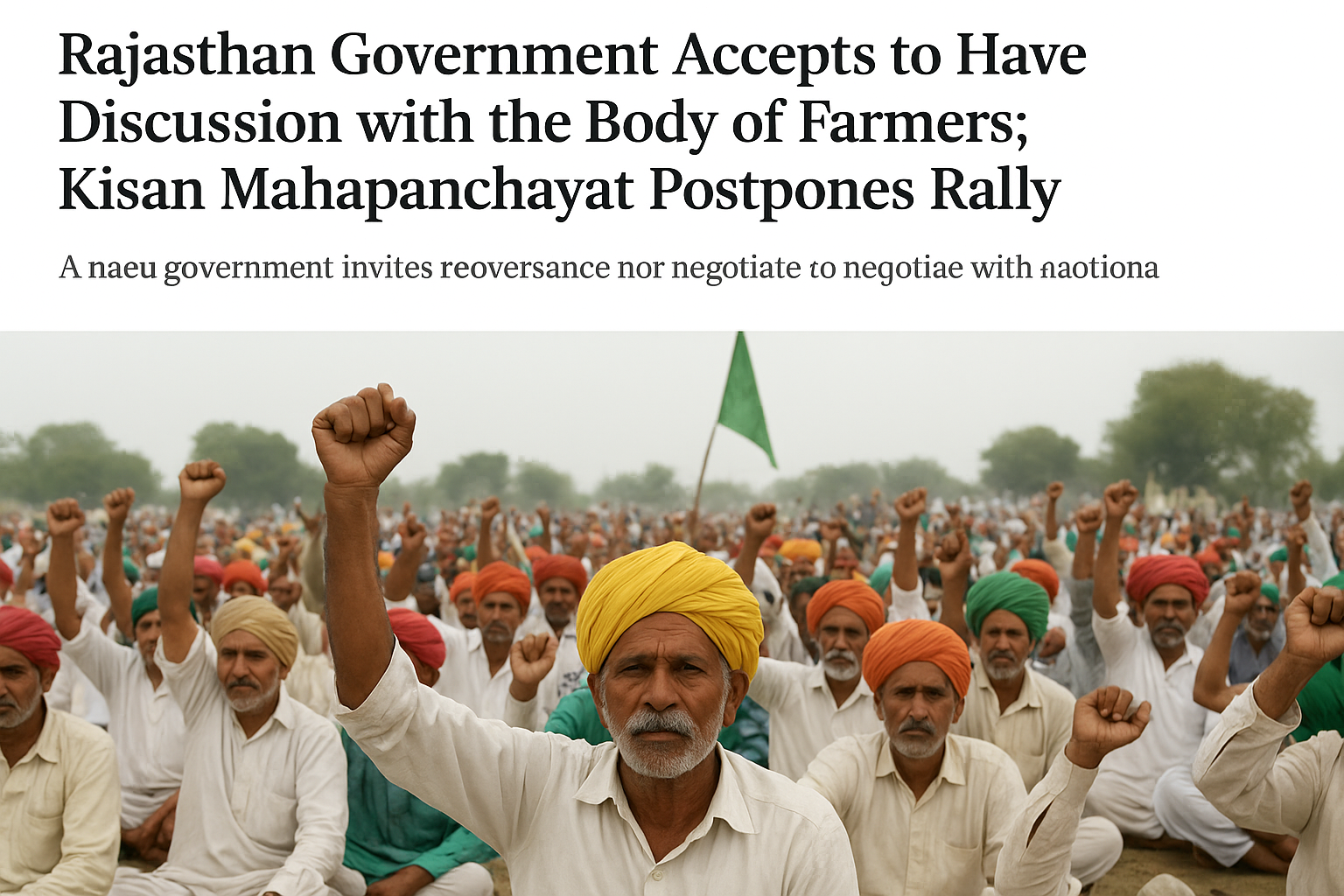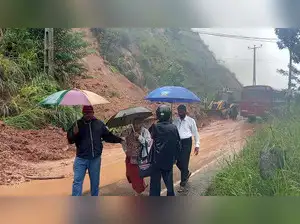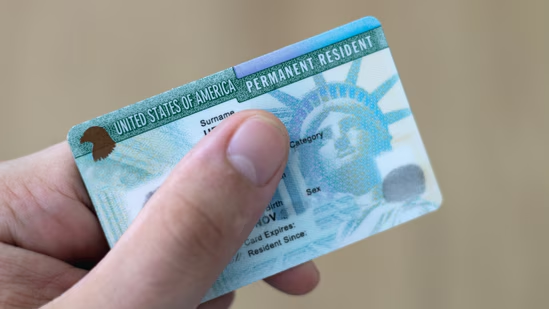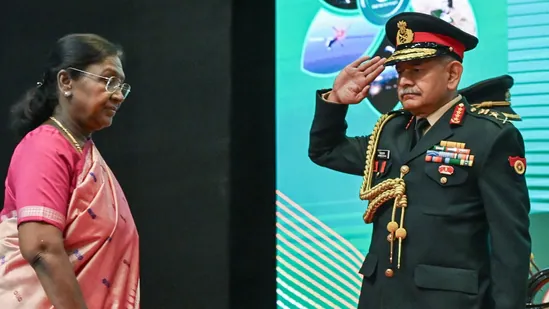Jaipur, October 6 — The Rajasthan government has conceded to negotiate with the farmers organization Kisan Mahapanchayat. After weeks of mobilization all over the state, the body of farmers decided to delay the scheduled Annadaata Hunkar Rally, which was to be held on the 6th of October at Shipra Path, Mansarovar, Jaipur, once the government invited them for dialogue.
Jaipur Police Commissioner Biju George Joseph invited Kisan Mahapanchayat leader Rampal Jat and others to initiate negotiations on behalf of the state government. Farmer leaders then met Chief Minister or Chief Secretary Sudhansh Pant. The members of the Mahapanchayat decided that formal negotiation with the Chief Secretary will commence when he returns from his journey abroad.
Talking about the developments, farmer leader Rampal Jat said that the Kisan Mahapanchayat had been building up the rally over the last three months. The government invited the organization for talks two days ago, and negotiations have been underway since then. On October 6, he added, the Chief Secretary will return, and the second round of talks will take place.
Farmers’ Key Demands
The farmers have put forward some key areas of concern which they want the government to handle:
- Wild animals ravaging the crops in Rajasthan.
- Opening a cattle sanctuary on 10,000 bighas of land in Banetha-Kakod, Newai tehsil.
- Connecting Newai via canal system with Bisalpur Dam or Isarda Dam.
- Increasing compensation from ₹5 lakh to ₹20 lakh for those affected by the Isarda Dam project.
- Extending the compensation period of families affected by Bisalpur Dam until 2027.
- Publicizing crop insurance through the publication of crop-cutting information.
- Cleaning canals in April and May at Bisalpur and Galwa Dams.
- Creating a Nagarfort and Uniara subsistence compensation fund 2023–2024, along with a 2024–2026 plan.
The organization has also requested that the Minimum Support Price (MSP) be guaranteed by law, that the distribution of fertilizers return to RAJFED, and that each village cooperative society operate as a crop procurement center.
Now that the government has agreed to negotiations, farmers believe these long-standing problems will finally be resolved through a healthy dialogue and ground-level reforms.






